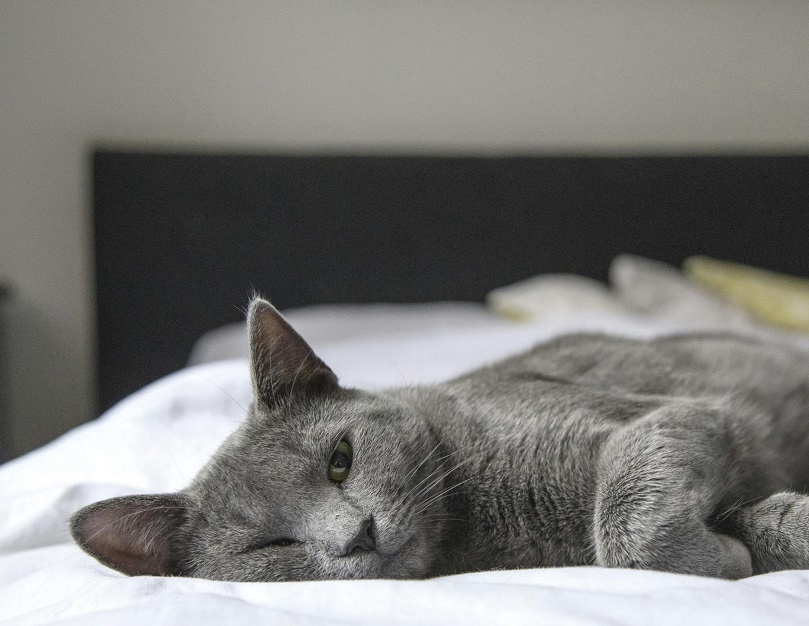How to Eat for Sleep

The increasing evidence of improved sleep for many health reasons have given us more guidance on how to accomplish this. Several of the non-dietary strategies are to reduce blue light exposure from devices before bed, sleep and wake at consistent times and get regular exercise. We know that lack of sleep can change hormones that can increase appetite and lead to over-eating but how does diet affect sleep? Here are few new dietary strategies that may help to improve the quantity and quality of sleep.
- When Not to Eat - Restrain from eating at least a few hours before bed. Late night eating can alter the circadian rhythm (the sleep-wake cycle) and negatively affect metabolism leading to weight gain.
- Don't Drink - Don't drink liquids about 1-2 hours before bed. This also includes caffeinated beverages and alcoholic drinks. Caffeinated beverages will keep you alert, making it difficult to fall asleep. Alcoholic beverages may help you fall asleep but won't keep you asleep, and can alter the ability to cycle through the various stages of sleep. Additionally, alcohol may increase symptoms of sleep apnea and change the body's circadian rhythm (the sleep-wake cycle).
- Types of Diets- Not surprisingly, a diet of ultra-processed foods tends to promote a poor sleep. Moreover, that is usually a poor diet heavy in added sugars, refined carbohydrates and saturated fat. Current data appears to support a whole foods diet with less processed foods for sleep improvement. Sleep promoting diets are rich in tryptophan, as well as unsaturated fats and high in fiber. Examples of these foods are fruit, vegetables, nuts, fish, olive oil avocado and unprocessed meats. Tryptophan is high in meat, poultry and seafood, and plant-based sources are tofu, white beans, lentils, oats, brown rice and sunflower seeds. Interestingly, a recent review of studies indicate that those on plant-based diets have less fragmented sleep and improved sleep duration. In conclusion, it appears a less processed foods diet will be better for sleep.
Sleep Well!
Happy Lunar New Year!
FITNESS/NUTRITION in the NEWSRed Dye No. 3 is Out!"
The FDA (Food and Drug Administration) has revoked the use of food coloring FC&C Red No. 3. Its use will be banned in both food and ingested drugs. Like most other synthetic food dyes, Red Dye No. 3 is made from petroleum, which research has linked to cancer in non-human studies. This food coloring is commonly found in candies, cereals, beverages, frosting and imitation bacon bits, amongst other foods. It must be removed from all foods by year 2027. To avoid this dye check the ingredients list for "FD&C Red No. 3", "Red Dye No. 3", "Red Dye 3", and "erythrosine". Additionally, the Environmental Working Group (ewg.org) has a list of foods that contain this dye.
Sheri is a Certified
Nutritionist
with a master's degree in nutrition, with over 15 years of clinical counseling
experience, an ACE-certified Personal
Trainer with advanced certifications in medical exercise, senior fitness and health coaching. All nutrition consultations include exercise guidance, dietary
analysis and meal plans to meet your individual lifestyle, calorie and nutritional needs.
Free introductory 15-minute appointments are also
available.
To schedule an appointment with Sheri Mar, email:
info@EatWellBeFit.com or call or text: 206.789.6440
Do you have a nutrition topic for the month?
Email your suggestions to info@eatwellbefit.com
|